Last Updated on July 30, 2021
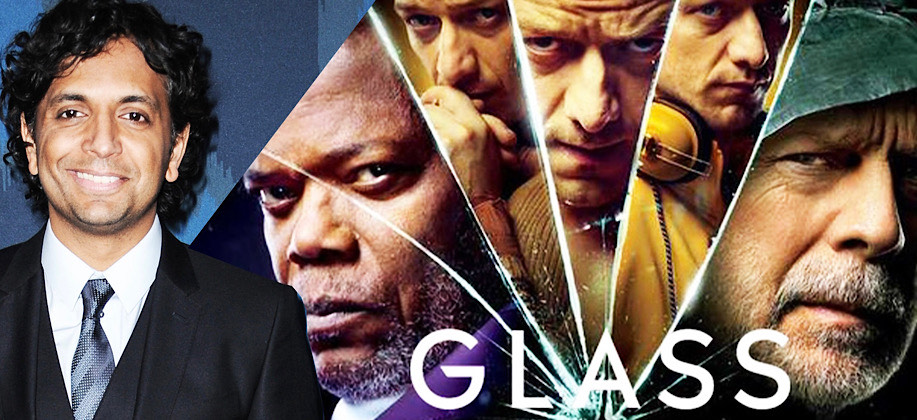
2019's Glass had a lot to live up to given the surprise success of M. Night Shyamalan's Split and it's even more surprising connection to what is arguably one of his best films, Unbreakable. Suddenly we had the trilogy we didn't know we needed and there was considerable hype surrounding how the director would combine these two worlds. The end result was a mixed bag for most, although I found Glass mostly enjoyable, others were let down by various aspects of the film. The major bone of contention is the film's ending and one particular death involving a puddle of water that left many underwhelmed. It has now been two years since the release of Glass and, during a recent interview with "Uproxx", Shyamalan is defending the conclusion of the film and that infamous puddle death scene.
SPOILERS AHEAD IF YOU HAVEN'T SEEN GLASS…YOU HAVE BEEN WARNED!!!! Bruce Willis plays David Dunn in Glass, a character he originated in 2000's Unbreakable. Dunn is set up as the hero of the story and is a superpowered man with unbreakable skin. He's essentially indestructible but he does have a weakness to water and he meets a rather unceremonious end in Glass when the character is drowned to death in a puddle of water. Shyamalan went on to explain that in the interview that the strongest people can be taken down by the simplest of things:
"Well, in the end, that the simplest thing can take the strongest person down. That it's like more of Achilles' heel that, in the mythos of it, you don't need an army to take down the strongest man if you know their weakness."
Essentially water is Dunn's kryptonite which alludes to Superman's only real weakness. Unbreakable, Split, and Glass are essentially supposed to be more grounded and mature retellings of superhero origin stories so it makes sense that Dunn wouldn't go out in some giant CGI battle. I can see what Shyamalan was going for but I can also see why most moviegoers would think that kind of conclusion is a bit anti-climatic considering the build-up.
Glass ultimately did decent business at the box office but poor reviews and word of mouth likely hurt a bit of its box office potential in the end. Shyamalan admitted last year that the poor reviews for Glass did get to him because he poured so much of his heart and soul into the film:
"I was in London when I heard the U.S. reviews for 'Glass' were poor. I was in a makeup chair for a TV show, and I cried… We'd just come back from the London screenings, which were through the roof. We had only great screenings of the movie around the world. So essentially I wasn't prepared. I had this false sense of being a part of the group in a safe way. But boy, did I feel distraught that day. Honestly, I was feeling like, 'Will they never let me be different without throwing me on the garbage pile?' The feeling of worthlessness rushed me, and to be honest, it doesn't ever really leave. But anyway, the film went on, right? It became number one in every country in the world, and it represents my beliefs."
Shyamalan is an interesting filmmaker, mostly because he tends to go with his gut and his feelings when it comes to his projects rather than thinking about how others will perceive his vision. If you look back at some of his misfires like The Village, Lady in the Water, or The Happening, it always seems like he is really invested in the story he created and seems a bit surprised when the response isn't as positive as he thought it should be. Perhaps some of his films are better stories than films and he could maybe use another writer to flesh out those ideas while also trimming some of the fat that simply doesn't work.
Do YOU agree with Shymalan's defense for the ending of Glass?



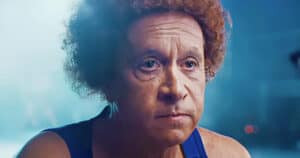




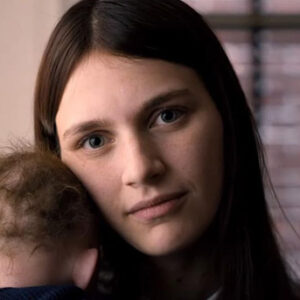

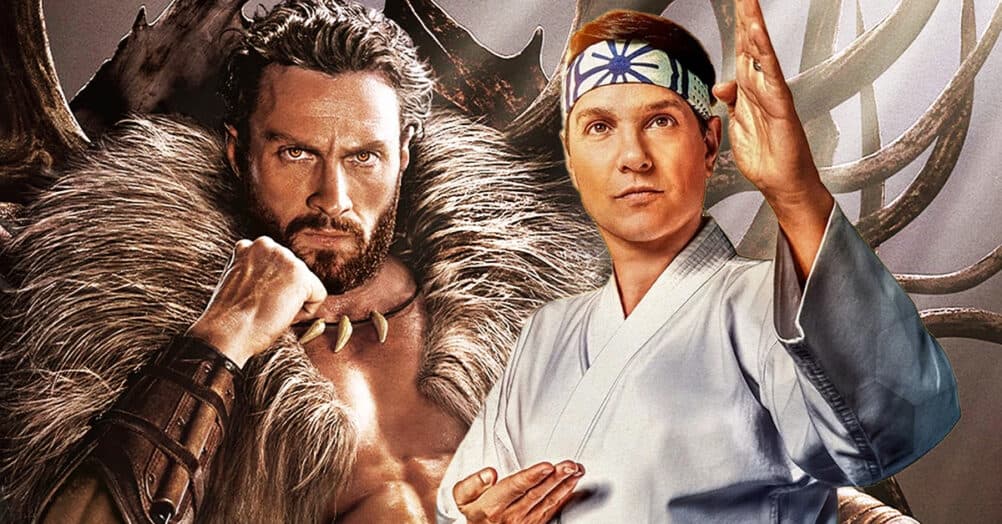
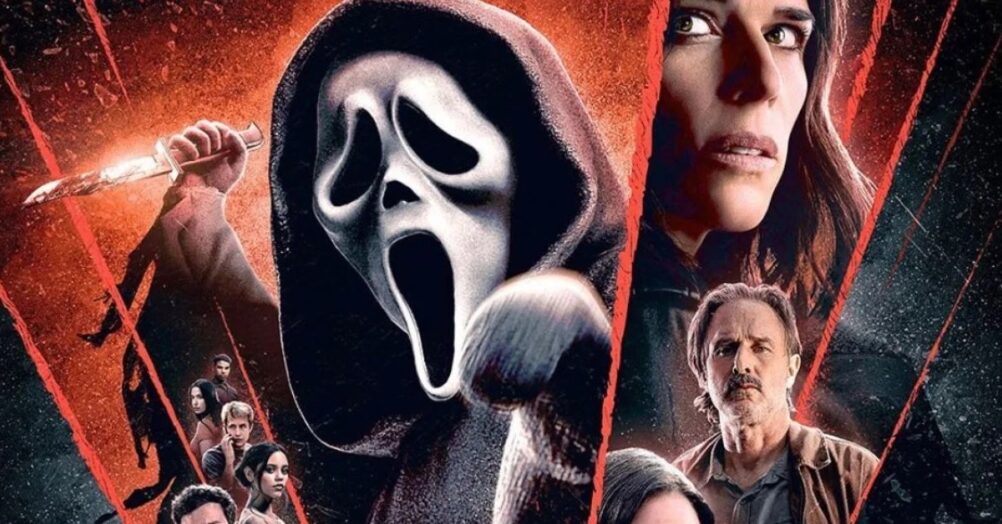
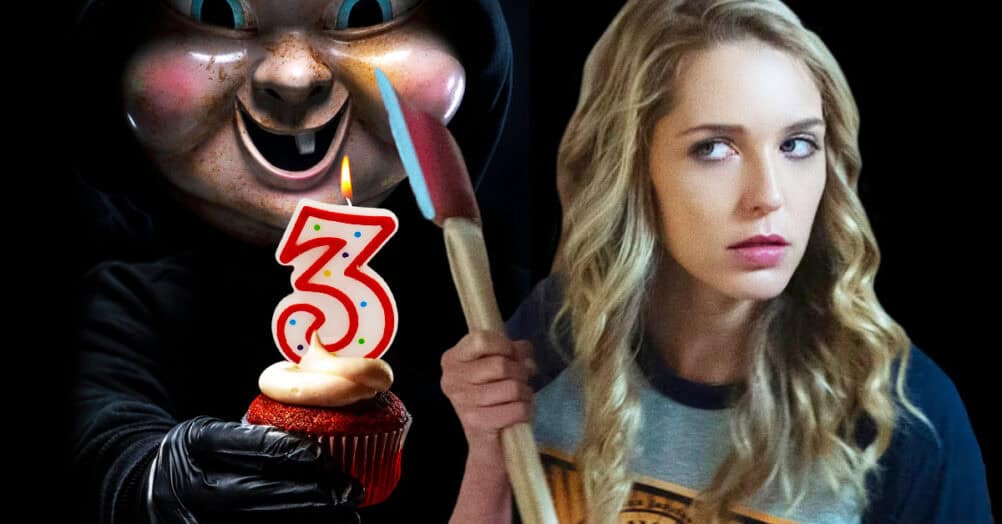
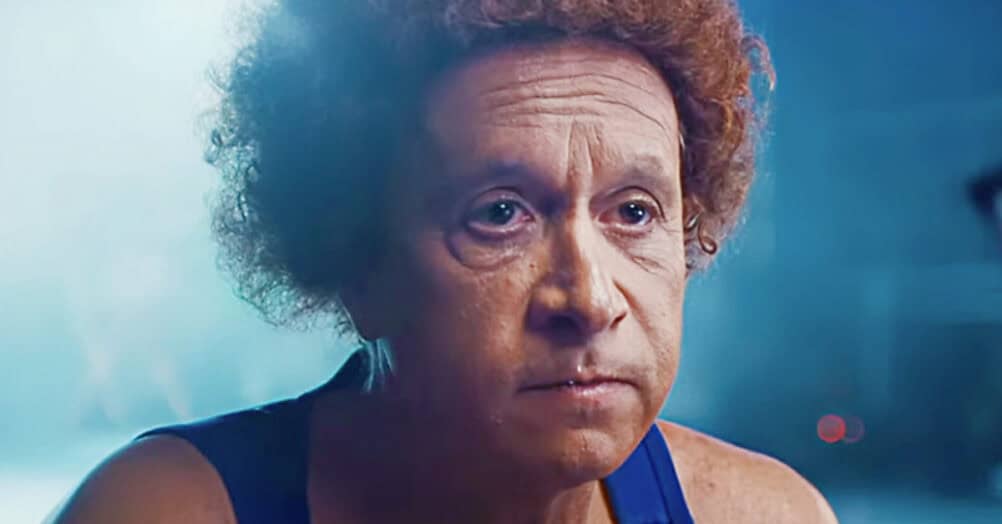
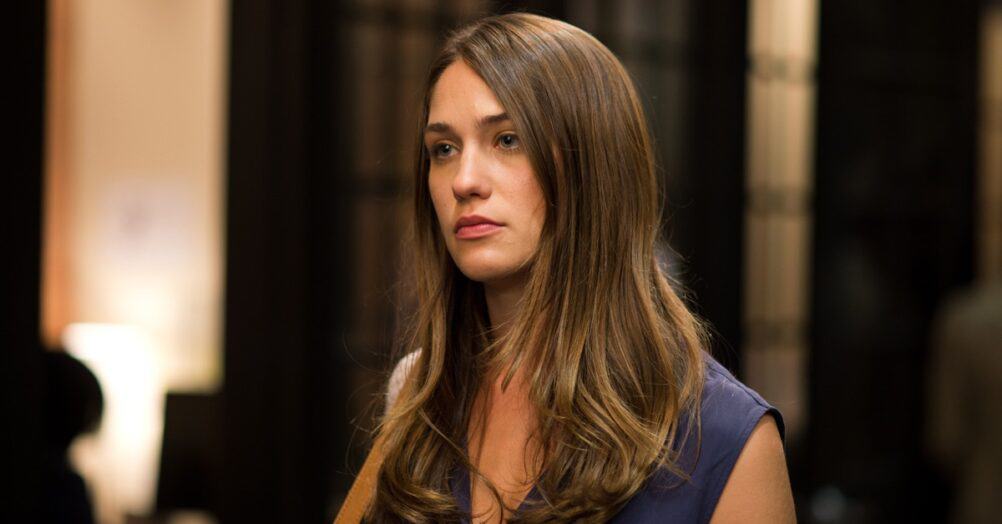
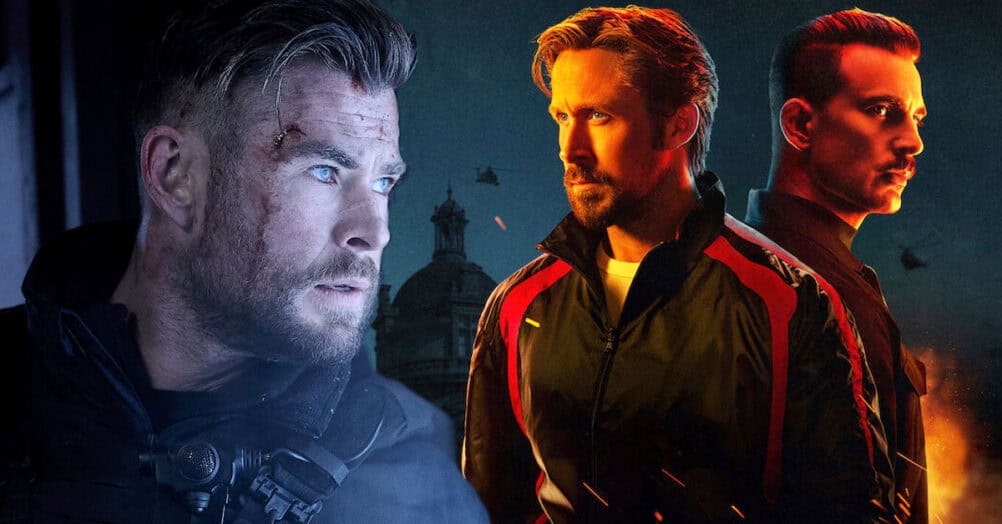

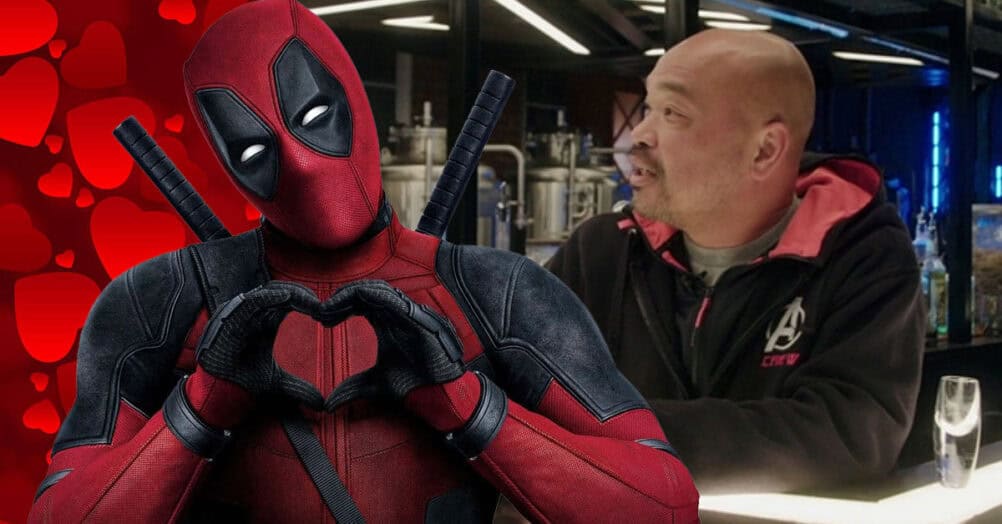
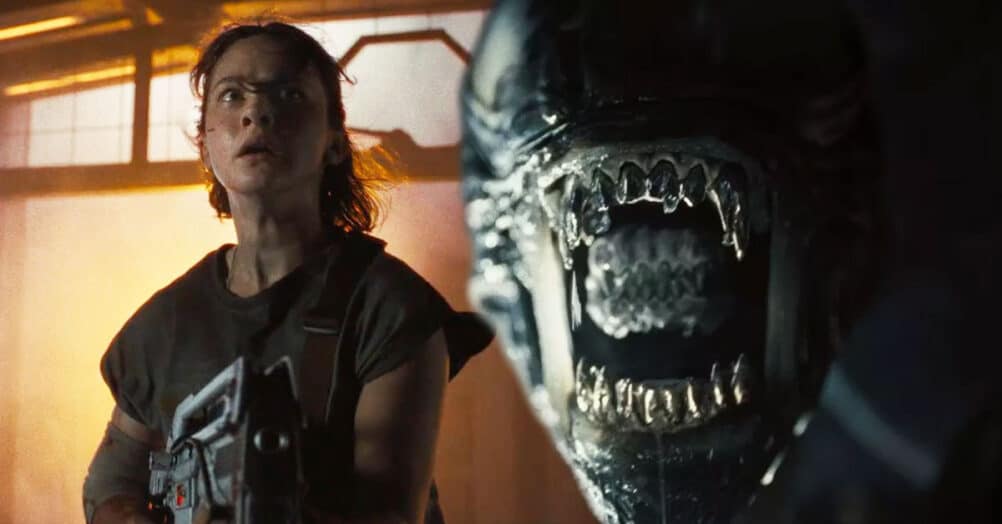
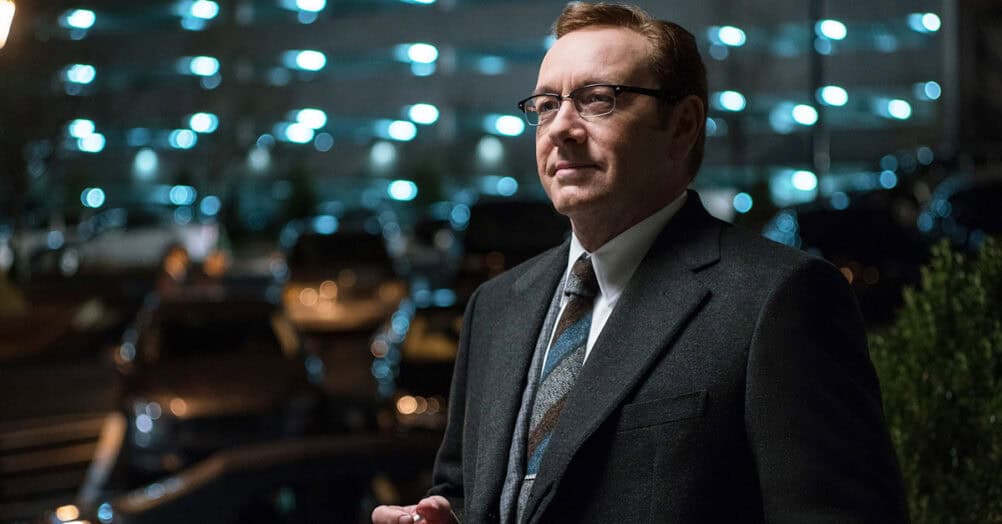
Follow the JOBLO MOVIE NETWORK
Follow us on YOUTUBE
Follow ARROW IN THE HEAD
Follow AITH on YOUTUBE